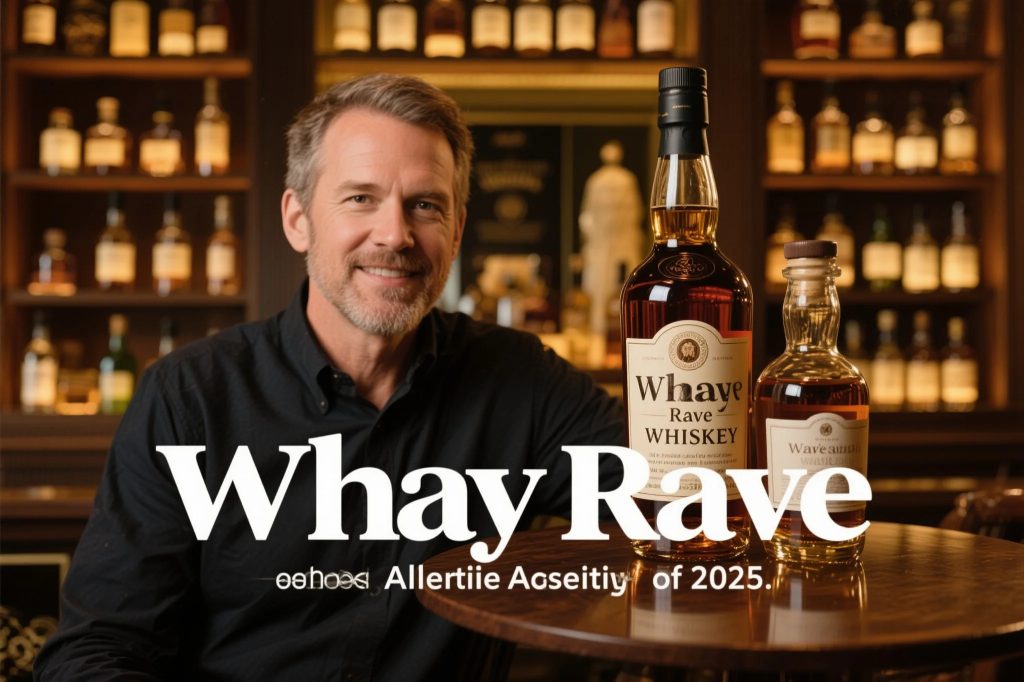
The global market for rare whiskey has transformed dramatically in recent years, evolving from a niche collector’s pursuit to a legitimate alternative asset class attracting serious attention from institutional investors and high-net-worth individuals alike. This remarkable shift reflects broader trends in the luxury collectible market while offering unique characteristics that set whiskey apart from other tangible assets. For those interested in diversifying their portfolio, consider exploring other investment opportunities as well.
The Historical Foundations of Whiskey as a Store of Value
Unlike many modern alternative assets that emerged primarily as financial instruments, rare whiskey carries centuries of historical precedent as a store of value. The tradition of laying down casks for future generations dates back to Scotland’s early distilling families, who recognized that time could transform ordinary spirits into extraordinary luxury collectibles. This heritage provides whiskey with cultural legitimacy that many newer alternative assets lack, creating a psychological foundation for its modern financial appeal. The historical performance of premium Scotch and bourbon at auction demonstrates remarkable consistency in investment return, with certain rare bottles appreciating at rates that rival traditional financial instruments. Learn more about strategies to maximize returns from alternative investments.
Market Dynamics Driving Whiskey’s Investment Appeal
The contemporary rare whiskey market benefits from several converging factors that explain its explosive growth. Limited supply of aged stocks from iconic distilleries meets growing global demand from an expanding base of high-net-worth collectors, particularly in emerging Asian markets. Unlike wine, whiskey’s stability once bottled makes it particularly attractive as a luxury collectible, eliminating concerns about continued proper storage conditions that plague other alcoholic alternative assets. Auction results from leading houses show that top-tier single malts have delivered compound annual growth rates exceeding 15% over the past decade, making whiskey one of the most consistent performers in the alternative asset space. Discover how high-net-worth individuals are allocating their portfolios in today’s market.
The Unique Characteristics of Whiskey as an Asset Class
What sets rare whiskey apart from other tangible alternative assets is its combination of aesthetic pleasure and financial potential. While art and classic cars also function as luxury collectibles, whiskey offers the unique advantage of being a consumable commodity with finite production. This creates natural scarcity that enhances its investment return potential. The market has developed sophisticated authentication and grading systems that provide high-net-worth investors with confidence in their acquisitions, while specialized storage solutions and insurance products have emerged to address the practical concerns of whiskey ownership. Explore more about the luxury collectible market and its growth potential.
Building a Diversified Whiskey Investment Portfolio
Sophisticated investors approach rare whiskey with the same strategic consideration they apply to traditional alternative assets, constructing diversified portfolios across different regions, distilleries, and vintages. The most successful strategies balance iconic bottles from closed distilleries with promising young expressions from contemporary producers, creating a mix of established luxury collectibles and future rarities. Professional whiskey investment funds have emerged to provide high-net-worth individuals with managed exposure to the market, employing experts who track production figures, distillery developments, and global demand patterns to maximize investment return. Read about allocating to alternative assets in a balanced portfolio.

Risk Management in Whiskey Investment
While rare whiskey has demonstrated impressive performance, prudent investors recognize it as an alternative asset carrying unique risks. Market fluctuations can affect different segments of the luxury collectible spectrum unevenly, with certain categories proving more volatile than others. Counterfeiting remains an ongoing challenge despite improved authentication technology, requiring high-net-worth collectors to work exclusively with reputable dealers and auction houses. The most successful investors approach whiskey as a long-term play, understanding that the most significant investment return typically comes from holding quality bottles through multiple market cycles. Learn about managing risks in alternative investments.
The Future of Whiskey as an Institutional Asset
As rare whiskey matures as an alternative asset, institutional involvement continues to deepen. Wealth management firms now routinely include allocation recommendations for luxury collectibles like fine whiskey in client portfolios, while specialized funds allow broader participation in the market. The development of whiskey indices and futures contracts suggests growing financialization of the asset class, creating new opportunities for high-net-worth investors to gain exposure. Meanwhile, distilleries have begun offering direct cask investment programs, bridging the gap between production and financial markets in ways that promise to reshape the industry’s future while potentially enhancing long-term investment return potential. Discover emerging trends in alternative assets.
Implementing a Whiskey Investment Strategy
For investors convinced by the case for rare whiskey as an alternative asset, practical implementation requires careful planning. Building a meaningful position in luxury collectibles demands substantial capital commitment, making whiskey primarily suitable for high-net-worth individuals or pooled investment vehicles. Successful participants combine passion for the category with disciplined financial analysis, recognizing that while whiskey can deliver exceptional investment return, it remains a specialized market requiring specific expertise. Those who approach it with appropriate expectations, professional guidance, and long-term perspective may find whiskey offers not just financial rewards, but the unique satisfaction of owning tangible pieces of liquid history. Get started with our comprehensive guide to rare whiskey investing.